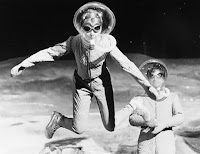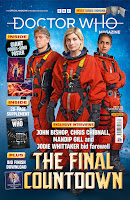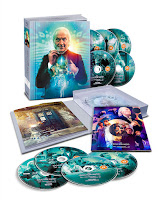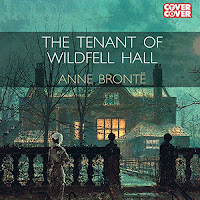 |
| David Whitaker in Australia, early 1970s |
In 1963, David became the first story editor of the new science-fiction series Doctor Who, and oversaw of 53 consecutive episodes.
(Two of those weren't broadcast: the unbroadcast pilot was rewritten and re-rerecorded as the broadcast An Unearthly Child, and the two episodes Crisis and The Urge to Live were, after they'd been recorded, edited down into a single episode. I'm not counting the re-recording of The Dead Planet in this total because, so far as we know, the production team worked from the same script so it didn't need David's attention.)
(Also, David didn't receive credit on The Edge of Destruction or The Brink of Disaster because he was the credited writer on those. There's no story editor credited on The Powerful Enemy or Desperate Measures, either, and he may well have written these while still employed as story editor. But paperwork suggested his editorial duties concluded with the episode before that, Flashpoint, so that's where I'm stopping this count. Phew.)
David is also the credited writer on 40 episodes of Doctor Who - more than anyone else in the 1960s, the fourth most prolific TV writer of old-skool Doctor Who (after Robert Holmes on 64, Terry Nation on 56 and Malcolm Hulke on 45 if we count his co-written episodes as 0.5).
Of the 97 missing episodes of Doctor Who, David Whitaker was the credited writer on 18. (John Lucarotti was credited on 11, some co-written, Brian Hayles on 9, Ian Stuart Black on 8.)
David also wrote two of the first three Doctor Who novelisations, co-wrote two of the first three Dalek annuals, co-wrote the first Doctor Who related stage play, polished one of the two Dr. Who movies and probably wrote the bulk of the long running Daleks comic strip.
It's the 60th anniversary of Doctor Who this year, so where was David Whitaker on this day in 1963, his 35th birthday? Well, he was in (or just about to go to) New York in an effort to sell a musical he'd written, Model Girl, with composer George Posford.
 |
| Excerpt of letter from David Whitaker to June Barry, 30 April 1963 |
Going round the various showbiz houses to schlep his play, he was introduced as, "David Whitaker who drinks sherry."
He returned to the UK around 14 May, presenting his fiancee June Barry with an antique phone, a gift for the flat they were in the process of agreeing to rent after their forthcoming wedding on 8 June.
 |
| June Barry in the Daily Mirror, 3 August 1963 |
Yes, that's the same top (and same flat) as seen in a 1965 photo shoot of June and David conducted for TV World - the Birmingham-region version of TV Times.
 |
| David Whitaker and June Barry at home, c. May 1965 |
 |
| Daily Mirror, 3 July 1963 |
David died in 1980 aged just 51. He was still working on Doctor Who. This form recently came to light, proof (at last!) that he'd been working on a novelisation of his 1967 TV serial The Evil of the Daleks.
I wrote a book about The Evil of the Daleks. Later this year, I've got a book out about another of David's Doctor Who stories, The Edge of Destruction.
You can learn more about David Whitaker in the documentary I worked on with splendid Chris Chapman and Toby Hadoke, on the Season 2 box-set released last year.
And I'm currently writing a ginormous biography, David Whitaker in an Exciting Adventure with Television, to be published by Ten Acre Films later this year. I'll end with this lovely note from David to a young Doctor Who fan in 1964...
 |
| Letter from David Whitaker to Doctor Who fan Ian |





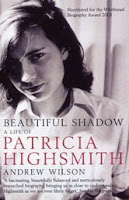
















.jpg)







